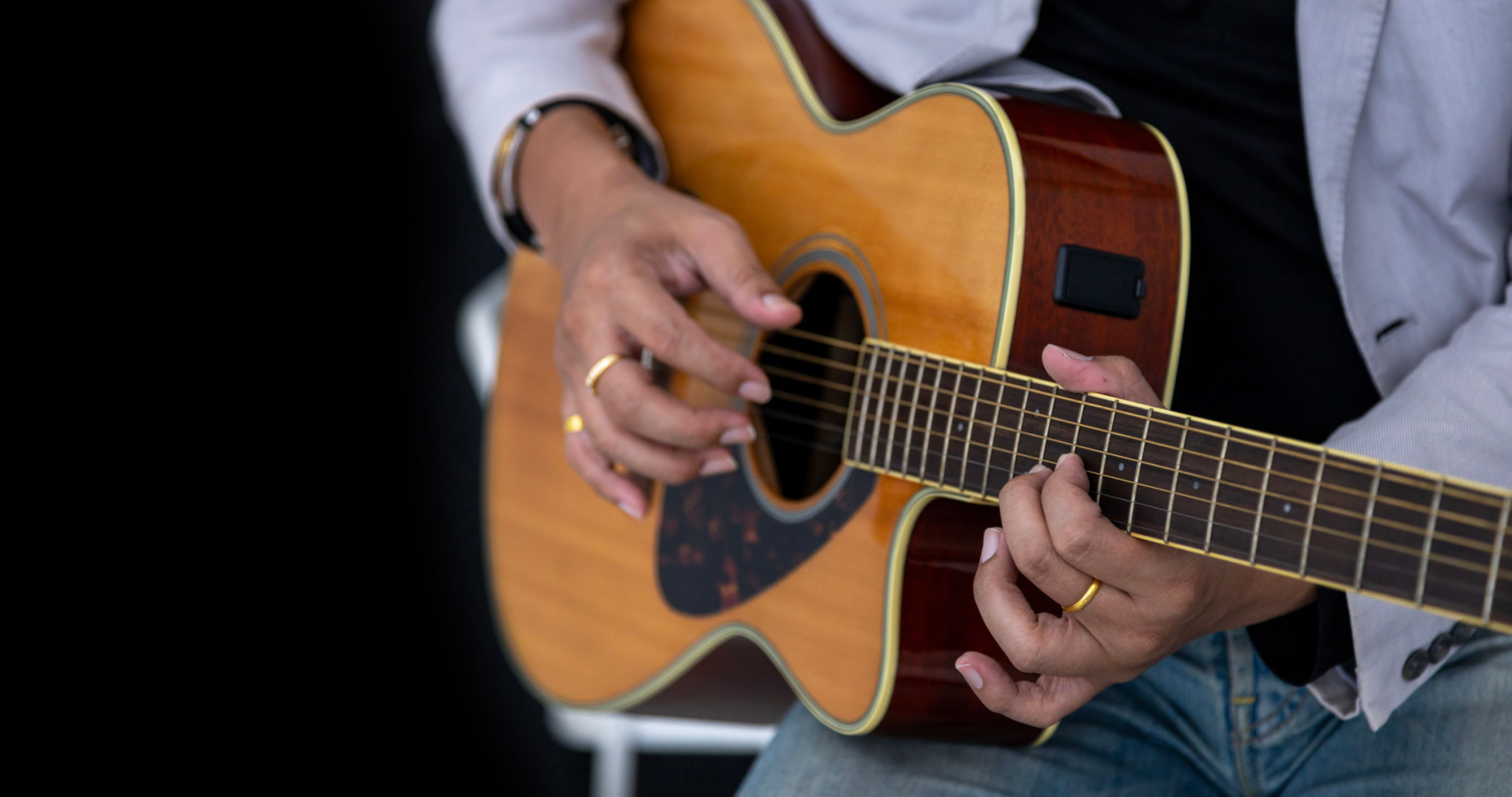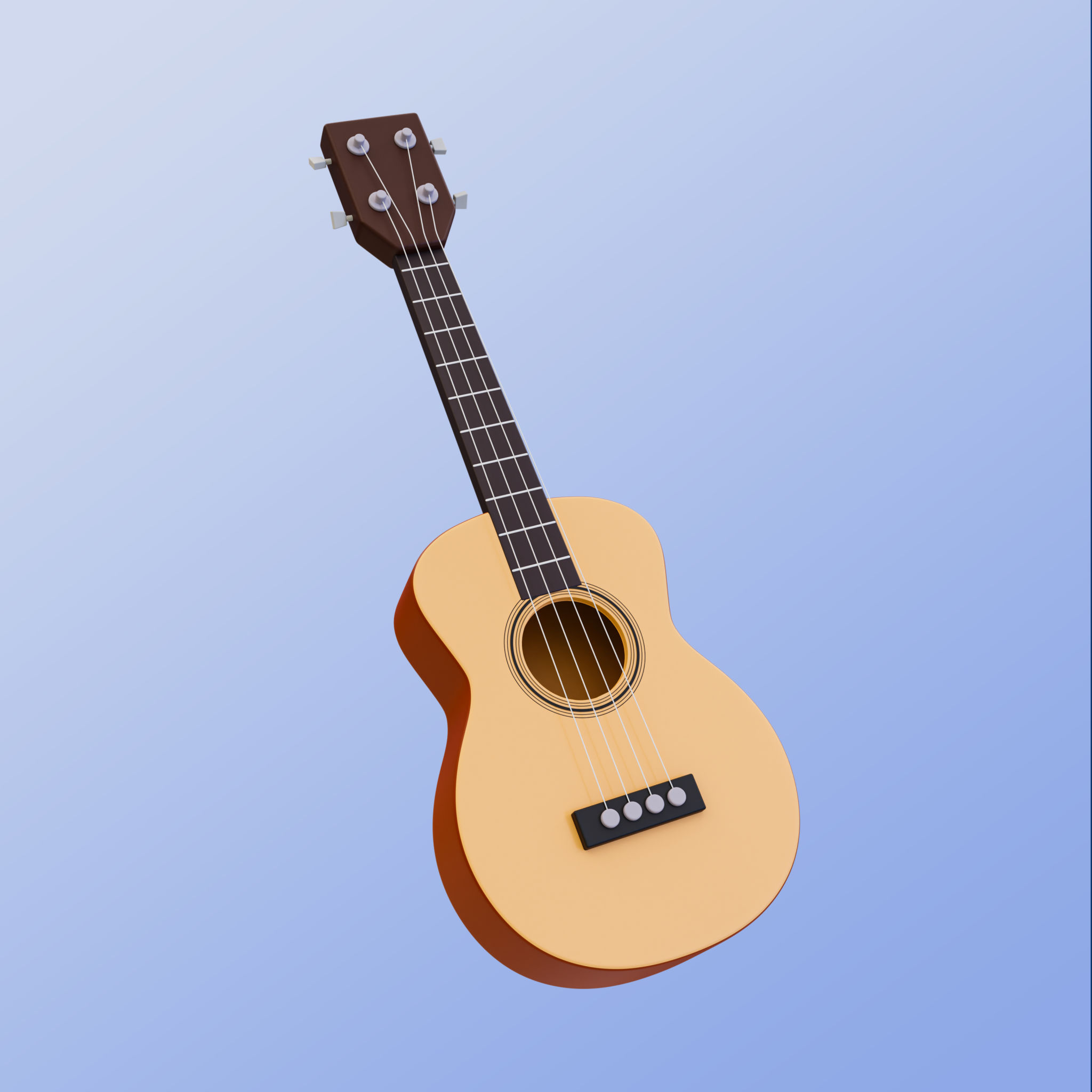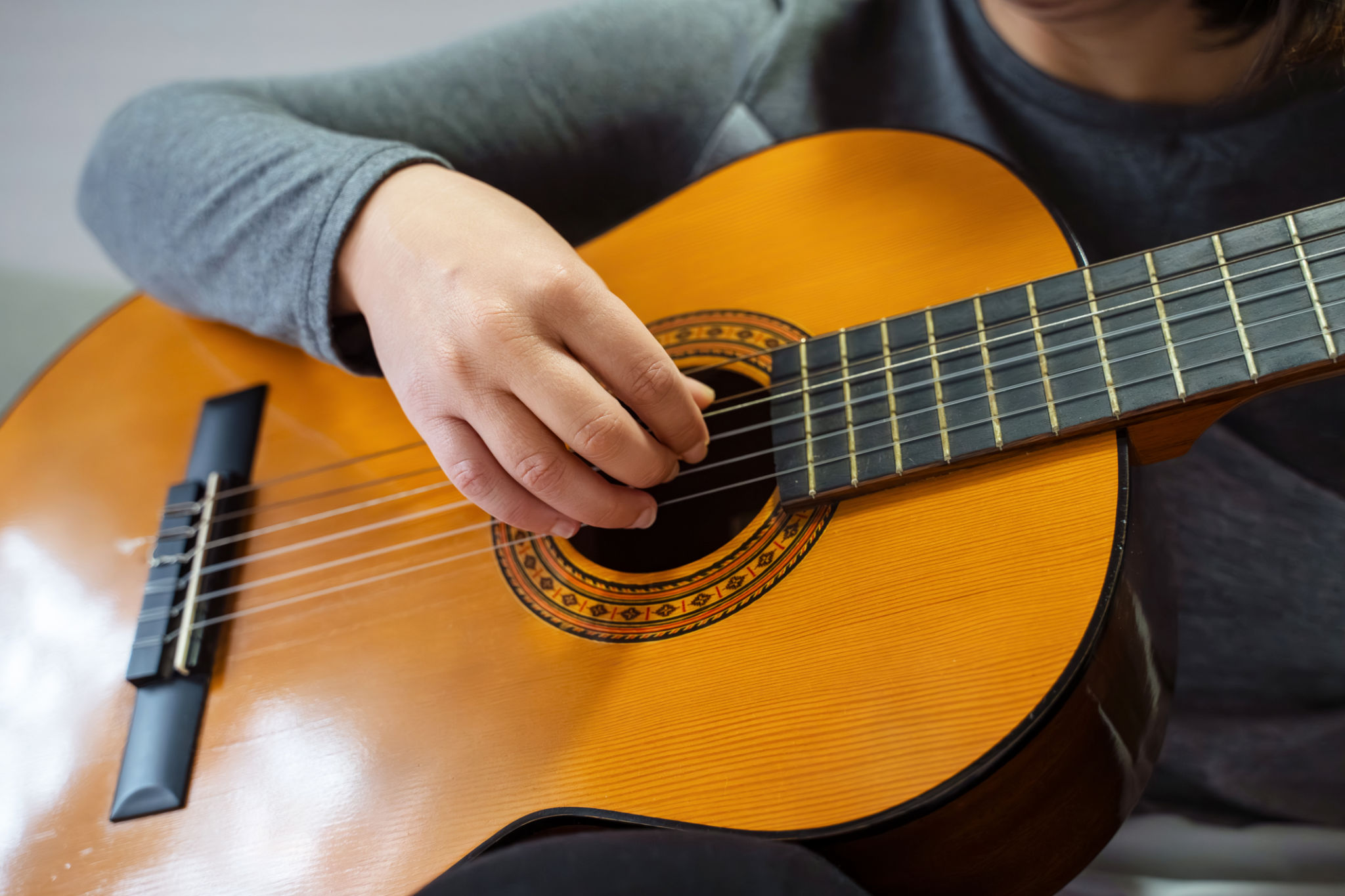Comparing Acoustic and Electric: Which Suits Your Songwriting Style?
Understanding the Basics: Acoustic vs. Electric Guitars
When it comes to songwriting, the choice between an acoustic and an electric guitar can significantly influence your creative process. Each instrument offers distinct tonal qualities and playing experiences that cater to different musical styles and preferences. Understanding these differences is crucial for selecting the right instrument to complement your songwriting style.
Acoustic guitars are known for their warm, rich sound, which is perfect for genres like folk, country, and singer-songwriter music. They don't require amplification, making them ideal for intimate settings and unplugged sessions. On the other hand, electric guitars provide a broad range of tones and effects, thanks to their pickups and amplifiers. This makes them suitable for rock, blues, and other genres that thrive on versatility and volume.

Exploring Tonal Characteristics
The tonal characteristics of acoustic and electric guitars are fundamentally different. Acoustic guitars produce a natural, resonant sound that is often described as organic. This makes them an excellent choice for musicians who prefer a straightforward, unadulterated tone. The wood and body shape of the acoustic guitar play a significant role in defining its sound.
In contrast, electric guitars offer a wide array of tonal possibilities that can be tailored to fit almost any musical style. By adjusting the amplifier settings and using various effects pedals, electric guitarists can achieve anything from a clean, bright tone to a heavy, distorted sound. This flexibility is particularly appealing for songwriters who enjoy experimenting with different sounds and textures.

Considerations for Songwriting Approach
Your approach to songwriting can also influence whether an acoustic or electric guitar is more suitable for you. If you prefer crafting songs with intricate fingerpicking and complex chord progressions, an acoustic guitar might be the better choice. Its natural sound allows each note and chord to shine through clearly, which is essential for detailed compositions.
For songwriters who focus on riff-driven music or require a dynamic range of sounds, the electric guitar could be more fitting. The ability to switch between clean tones and heavy distortion with ease enables songwriters to explore diverse musical landscapes within a single piece.

Practical Considerations
Beyond sound and style, practical aspects such as portability and setup might influence your choice. Acoustic guitars are generally more portable since they don't require amps or cables. This makes them convenient for traveling musicians or impromptu jam sessions.
Electric guitars, while requiring additional equipment, offer other conveniences such as volume control and the ability to practice quietly with headphones. This can be a significant advantage for songwriters living in shared spaces or those who prefer to work late into the night without disturbing others.
Finding Your Ideal Instrument
Ultimately, the decision between an acoustic and electric guitar comes down to personal preference and the specific needs of your songwriting process. Some musicians even find that owning both types of guitars allows them to explore a broader range of musical ideas and styles.
If you're new to songwriting, consider experimenting with both types to discover which one resonates more with your creative instincts. Many experienced songwriters find that their instrument of choice evolves over time as their musical style develops.

Conclusion: Embrace Your Musical Journey
Choosing between an acoustic and an electric guitar is not just about sound or style; it's about finding the instrument that best supports your unique musical journey. Both types of guitars have their own merits and can be used to create beautiful music across various genres.
No matter which guitar you choose, remember that the most critical element in songwriting is your passion and creativity. By embracing the instrument that inspires you most, you'll be well on your way to crafting songs that truly reflect your artistic vision.